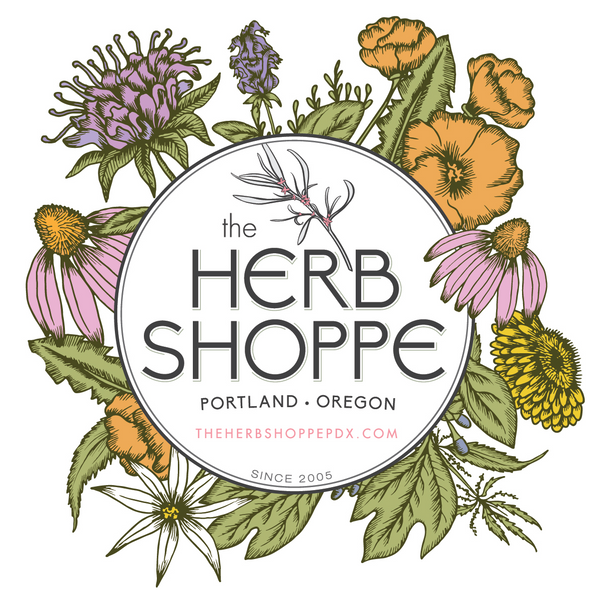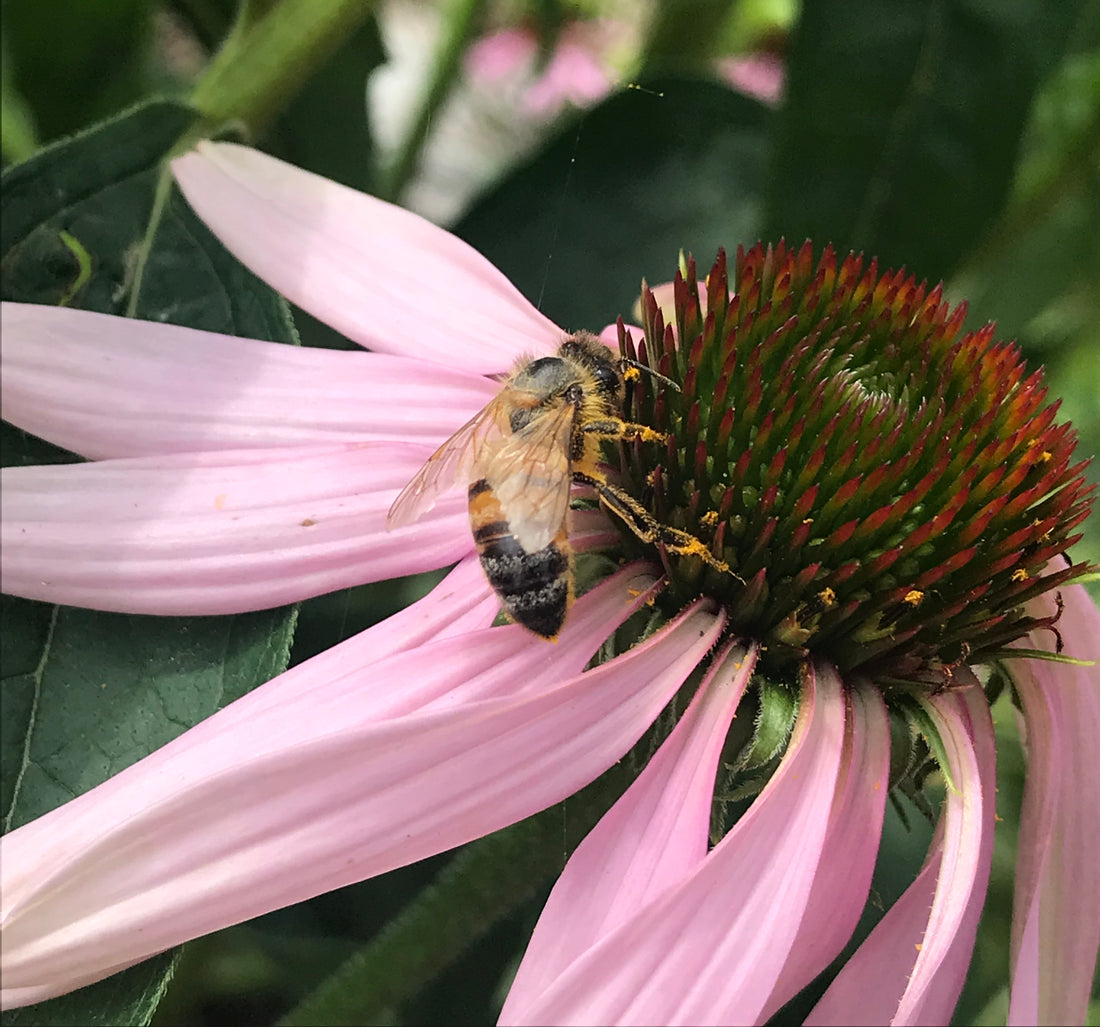You ask what’s all the buzz about these bees?
Bees are one of the largest groups of pollinators that we have in this world. One of their major jobs is in helping many plants and trees to reproduce. From the collection of pollen, bees make delicious, nutritious and medicinal honeys for everyone. However, the decline of bees is drastic, and that puts all of our food sources at risk. In 2015, it was reported that over 42% of our bee colonies collapsed in the US alone. Many folks are concerned and wanting to help restore balance to the bee colonies. A few ways that you can help are:- Creating a small beehive or bee flower garden on your own property. Many bees have lost their habitat due to climate change or building construction. One thing you can do is add water and specific native or pollinator plants to your garden this can be helpful to attract bees, butterflies and other pollinators. Here is an excellent resource for how to grow and attract bees to your property. Not everyone has the space, energy or time to do this so maybe check out how you can donate to an organization or support a local bee hive near you.Some organizations working to save pollinators: 1. Defenders of Wildlife 2. Earth Day Network 3. Greenpeace 4. Pollinator PartnershipSome local Portland beehives: 1. Bridgetown Bees 2. Mickelberry Gardens 3. Bee Local
- Eliminate Harmful Pesticides - Many pesticides are created to kill bugs and bees. Not only are these pesticides toxic to the pollinators, they are creating a mass destruction of our waterways and the creatures who utilize them as their habitat, and any human or mammal that encounters these pesticides runs a risk of harmful backlash. If you're experiencing a pest problem, try to find natural solutions to removing them from your garden.
- Source Local and Organic - When you are sourcing your plants for your pollinator garden, make sure they have not been chemically treated with neonicotinoids. If a plant or seed is marked as “protected” then it has been chemically treated. Sourcing from local organic farms and nurseries is always a great place to start. Check your area for local seed swaps and build your native and natural garden right in your yard!

